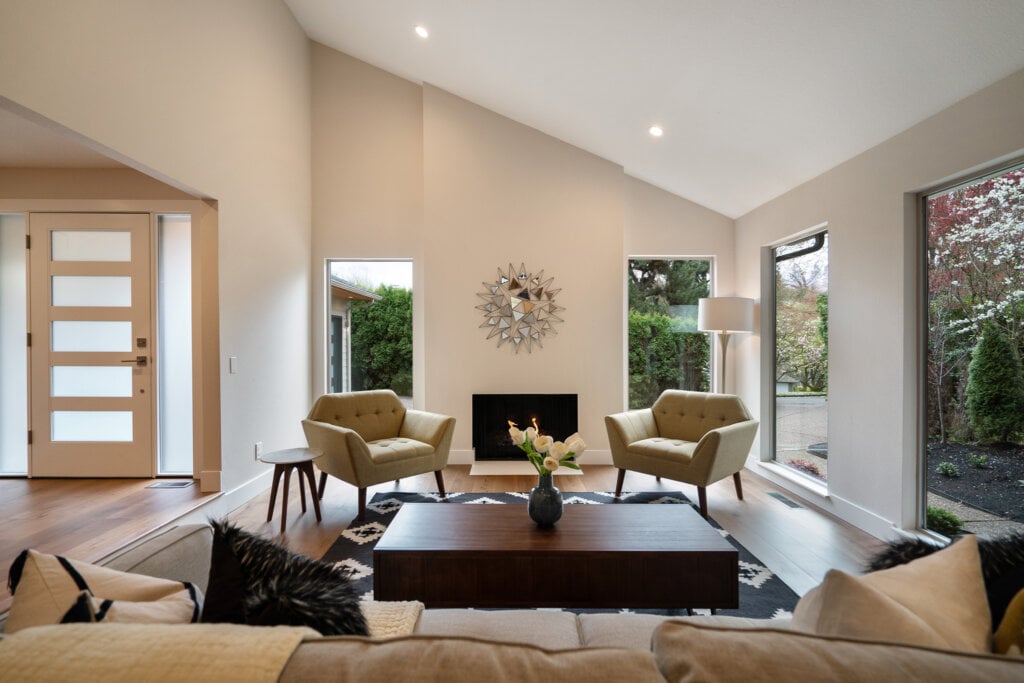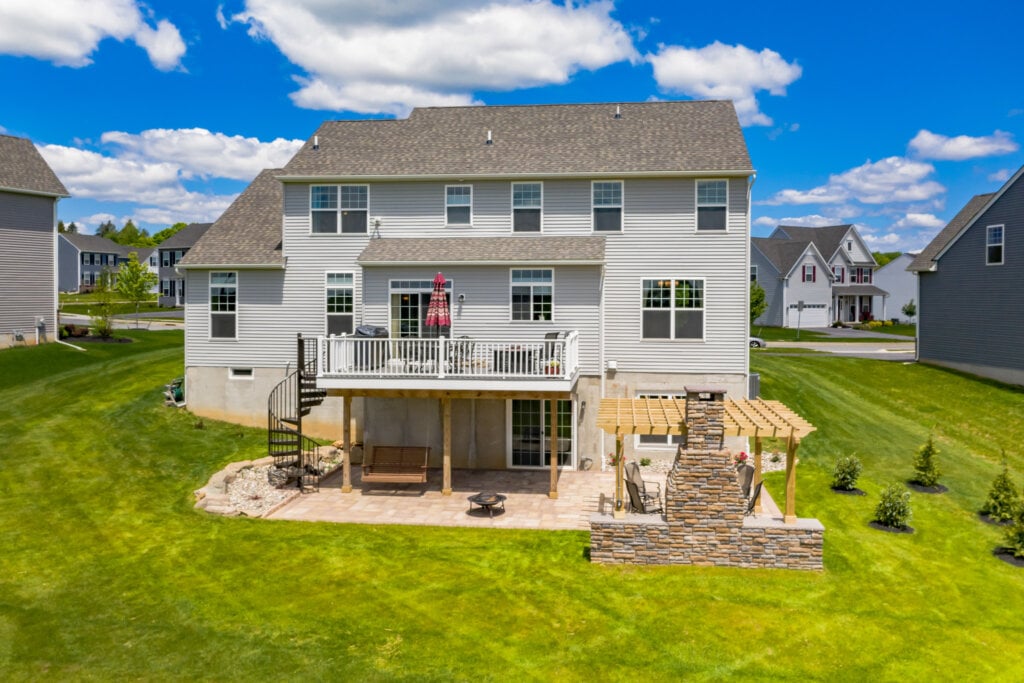Zillow Group, Inc., is currently pursuing a patent that would drastically change the way in which real estate content is shared and distributed online.
This move is the latest in a series of patent grabs that highlights Zillow’s relentless campaign to monopolize the real estate marketplace, not to mention stifle independent agents and brokerages that wish to run their businesses unencumbered by larger corporations.
To be clear, Zillow’s recent grab for power isn’t the first of its kind. Since the company’s inception in 2006, Zillow has acquired more than 20 patents that govern how real estate content can be presented to users searching on mobile and desktop.
But it doesn’t end there. Zillow’s tactical approach to controlling real estate search has been so far-reaching, in fact, that they’ve even procured a Blackberry Application patent and one for the Apple TV in 2011 and 2015 respectively.
What is a Patent?
To better understand Zillow’s latest patent application, it’s important to know what patents are and to consider the legal ramifications behind them.
According to the World Intellectual Property Organization (WIPO), a patent is “an exclusive right granted for an invention, which is a product or a process that provides, in general, a new way of doing something, or offers a new technical solution to a problem.”
Over the past few decades, numerous landmark patents have been filed to protect their intellectual properties. These innovative technologies have changed the world arguably for the better. And as the WIPO put it, they offered new technical solutions to a problem and new ways of doing something.
By contrast, Zillow’s latest patent application offers no groundbreaking technologies to speak of and no innovation that would merit the government’s approval. Be that as it may, the government has already granted Zillow a swath of generic patents time and again, doing so in a manner that feels reckless and unchecked.
What is Zillow’s Latest Patent Application?
The abstract for Zillow’s latest patent application describes “techniques for generating and presenting a GUI (graphical user interface) [i.e. a visual way of interacting with a computer using windows, icons, and menus] on a client device that includes a computer model of the building’s interior with one or more first types of information.”
One example of “first types of information” is a featured, large pane generated from a search query with additional, smaller panes complementing the information displayed in the featured pane.
In graphic design, this technique is called “visual hierarchy” and has been around since the early 1900s.
It’s hardly avant-garde, and yet Zillow’s generic argument over “first types of information,” namely how search results are presented in the large pane + smaller complementary panes GUI, suggests that they’re the ones to have invented it. When in reality, GUIs that feature a large pane + smaller complimentary panes, as well as “multiple user-selectable controls” (verbiage imported from one of Zillow’s recently approved patents), have been commonplace in mobile, app, and desktop searches for some time now.
Zillow’s patent abstract goes on to say that this GUI “may be a 3D or 2.5D representation generated after the house is built and showing the actual house’s interior (e.g., walls, furniture, etc.), and may be displayed to a user of a client computing device in a displayed GUI with various user-selectable controls.”
In other words, any 3D or 2.5D models that denote progression through the home (e.g., front door, entryway, living area, kitchen, bedroom, bathroom, and so forth) are subject to a potential lawsuit by Zillow if they are uploaded, distributed, or marketed outside of the Zillow interface.
How to Keep Control of Your Real Estate Content
If you’re a real estate professional, it’s important to keep exclusive control of your content. This is key to broadening your audience reach, expanding your sphere of influence, and growing your real estate business. More importantly, maintaining ownership and flexibility over your content can help you sell the home faster and win more listings.
To encourage free enterprise in real estate, it’s good to remember that Zillow won’t offer you exclusive ownership and control of your content. As we pointed out in our review of the Zillow 3D app, uploading content to an independent platform that guarantees source files is in the real estate agent’s and brokerage firm’s best interests.
Why?
Because independent platforms keep your content malleable. That’s to say, you get to control where the 3D real estate tour is hosted and viewed. Not only will this maximize your potential to generate more leads. But you’ll also avoid a patent debacle and potential lawsuit from Zillow if the content is shared elsewhere.
Sadly, real estate agents and photographers are too tempted to use Zillow’s 3D app because it’s free and gives the property a free promotion when listed. But in the long run, both agents and photographers will end up losing big if they keep handing key visual assets of the property (videos & virtual tours) to Zillow.
The way to stop this brash takeover of the real estate marketplace is to avoid using Zillow’s 3D app and opt instead for a free web app that will allow real estate agents and photographers to save their properties to the Blockchain (Ethereum network.)
This way, the listing agent’s name will always be attached to the property and publicly verifiable — the same goes for photographers who take pictures of the property. With their work saved to the Blockchain, credits are given to the photographers responsible for the photos.
At HomeJab, we’re excited to announce that we’re currently developing this app!
This is good news for real estate professionals who wish to break free of the restrictive Zillow model. After all, Zillow presents properties with no mention of the previous listing agent. Worse still, it sells leads to other agents. This is why the blockchain method of recording property is crucial: it will always keep the listing agent’s info linked to the property.
Lastly, unlike Zillow, Blockchain is decentralized. This keeps the real estate industry independent — not dependent on a company whose ultimate goal is to monopolize the real estate marketplace.















